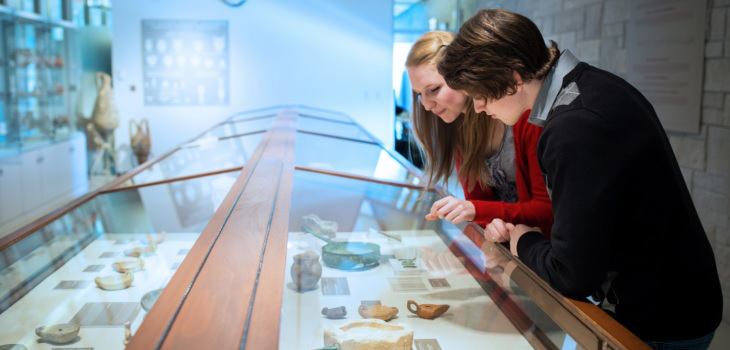
Department of Classics and Religious Studies
Intrigued by the multifaceted role that religion plays in art, culture, health, and overall well-being?
Why Classics & Religious Studies at uOttawa?
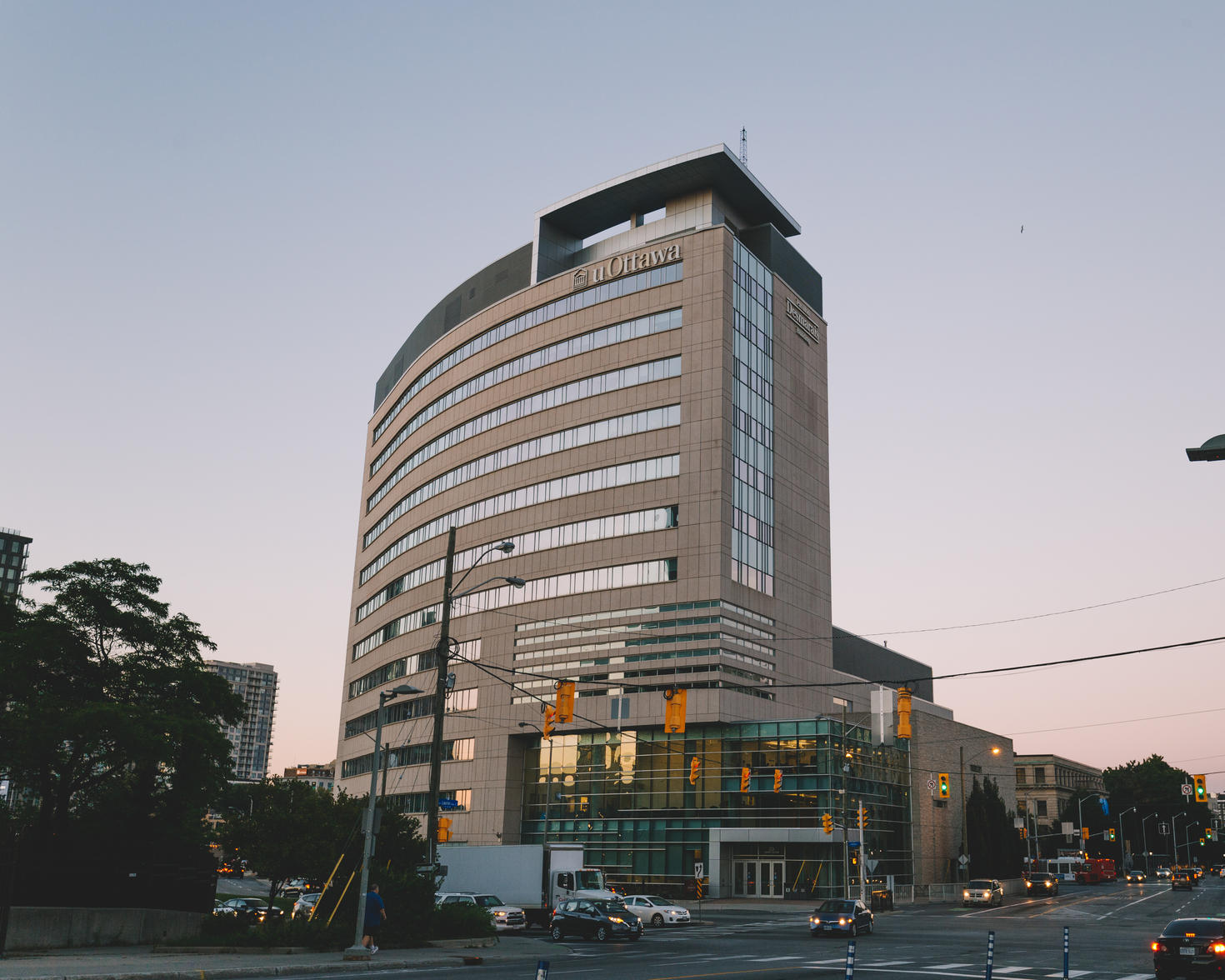
At the University of Ottawa, the study of Classics and Religion is administered as a cohesive unit, promoting a vibrant academic environment that fosters both disciplinary specialization and interdisciplinary exploration, creating a fertile ground for a dynamic exchange of ideas among students and its 11 full-time faculty.
An important area of convergence lies in the field of Late Antiquity, that is, the transition from the Greco-Roman period to the early Middle Ages, where the spread of Christianity played an important part.
Other areas of emerging convergence include the intersection of health, medicine, and spirituality, which delves into the realms of ancient and modern healing practices.
About our department
In the Classics sector, the professors and programs are primarily concerned with the ancient languages, archaeology, history and literature, as well as the religion and mythology, of the Graeco-Roman world. Delving into these fields, our faculty sheds light on the rich tapestry of ancient civilizations and provides invaluable insights into the cultural, social, and intellectual fabric of the ancient world.
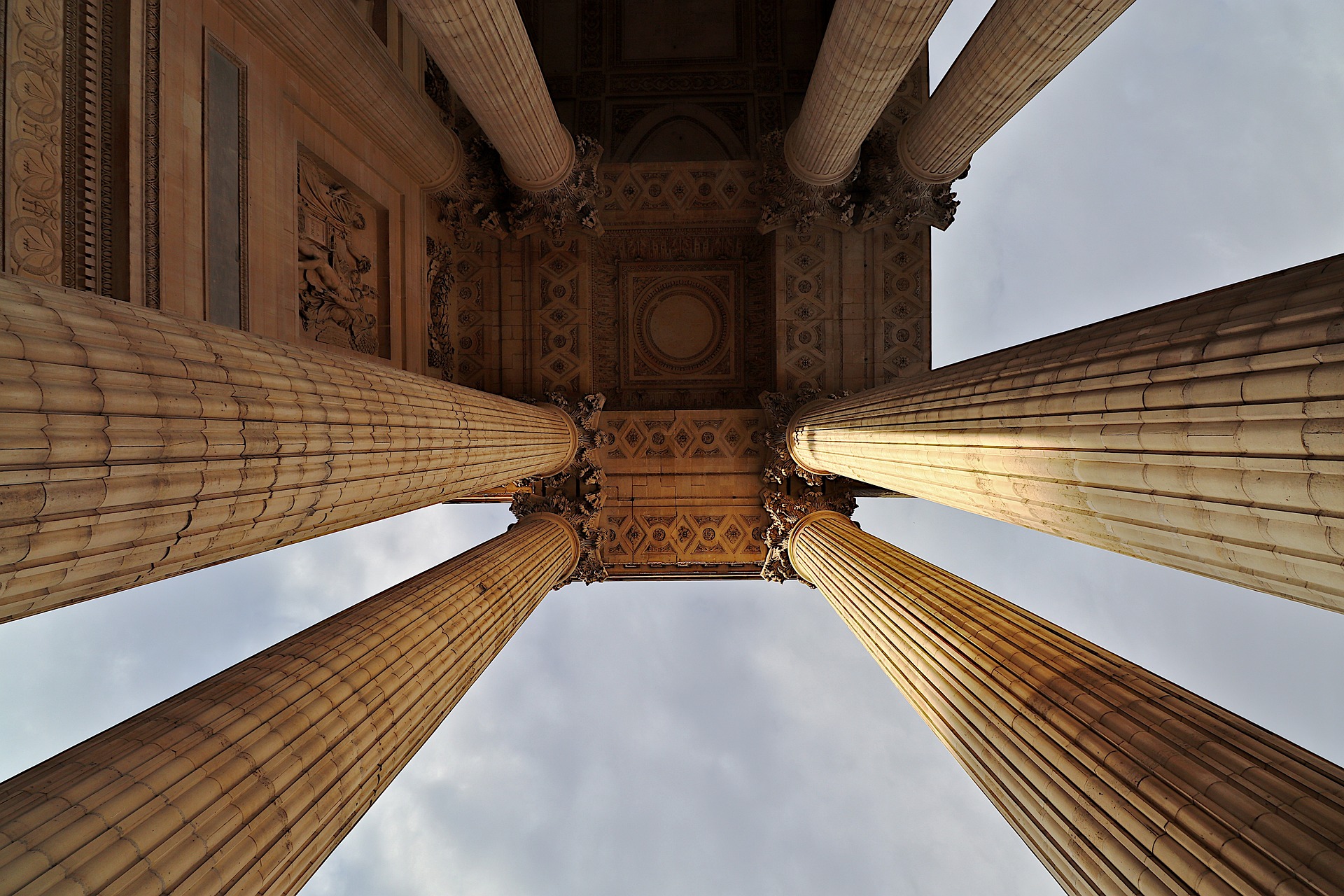
The Religious Studies sector focuses on exploring religion as a fundamental aspect of human existence. Professors and programs within this field delve into the role of religion in antiquity and throughout history, as a component of culture, in colonial and post-colonial encounters, law, gender, politics, nature, healing, popular culture, art, non-religion, secularity, and modernity. By examining these multifaceted dimensions, a comprehensive understanding of the profound impact of religion on society and individuals is fostered.
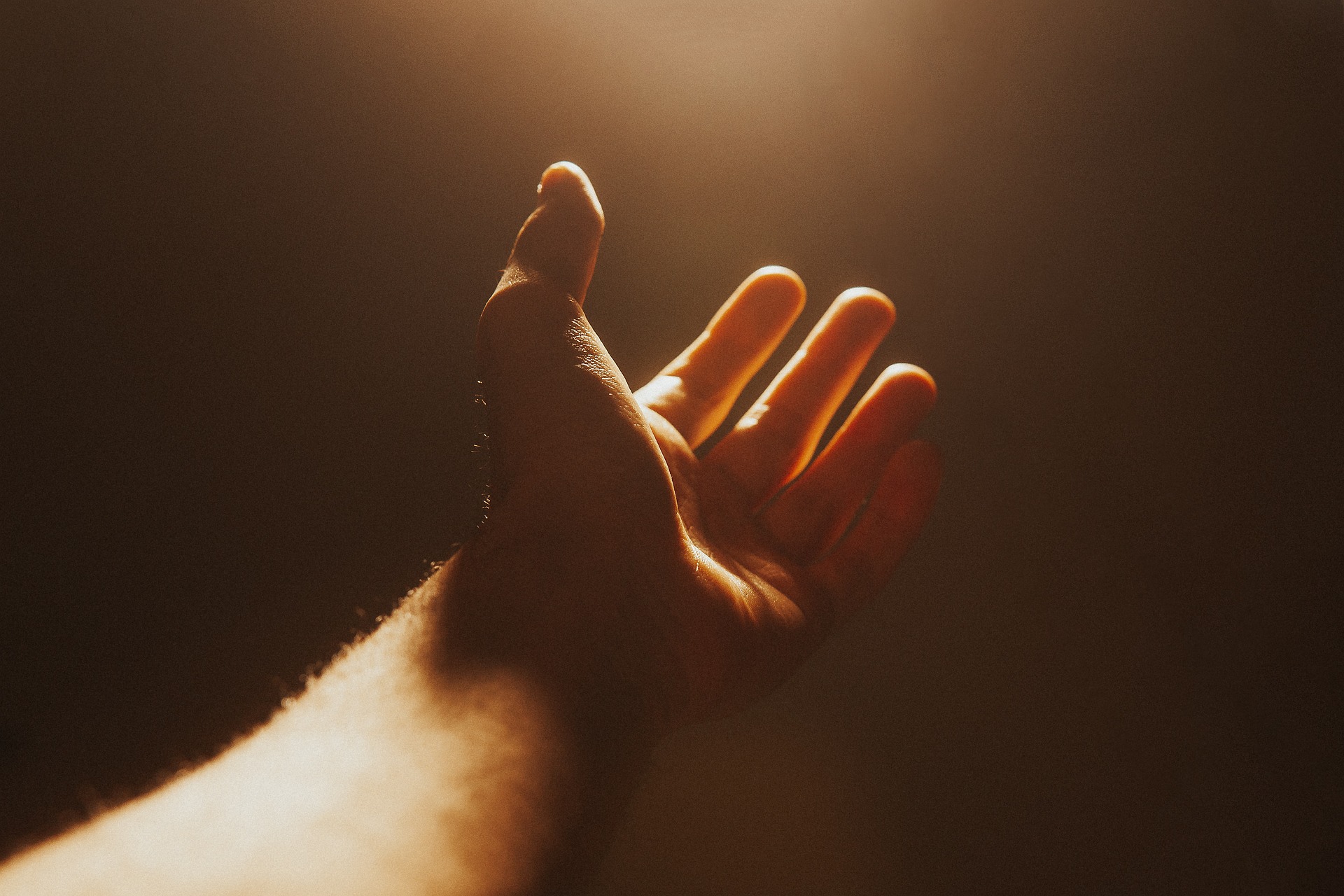
At the graduate level, we offer a Master’s in Religious Studies and a doctoral program in Religious Studies which focuses on religions in Canada, including Amerindian and Inuit traditions, on religions in a comparative cultural context as well as religions in the Graeco-Roman World. You can learn more about our current graduate students here.
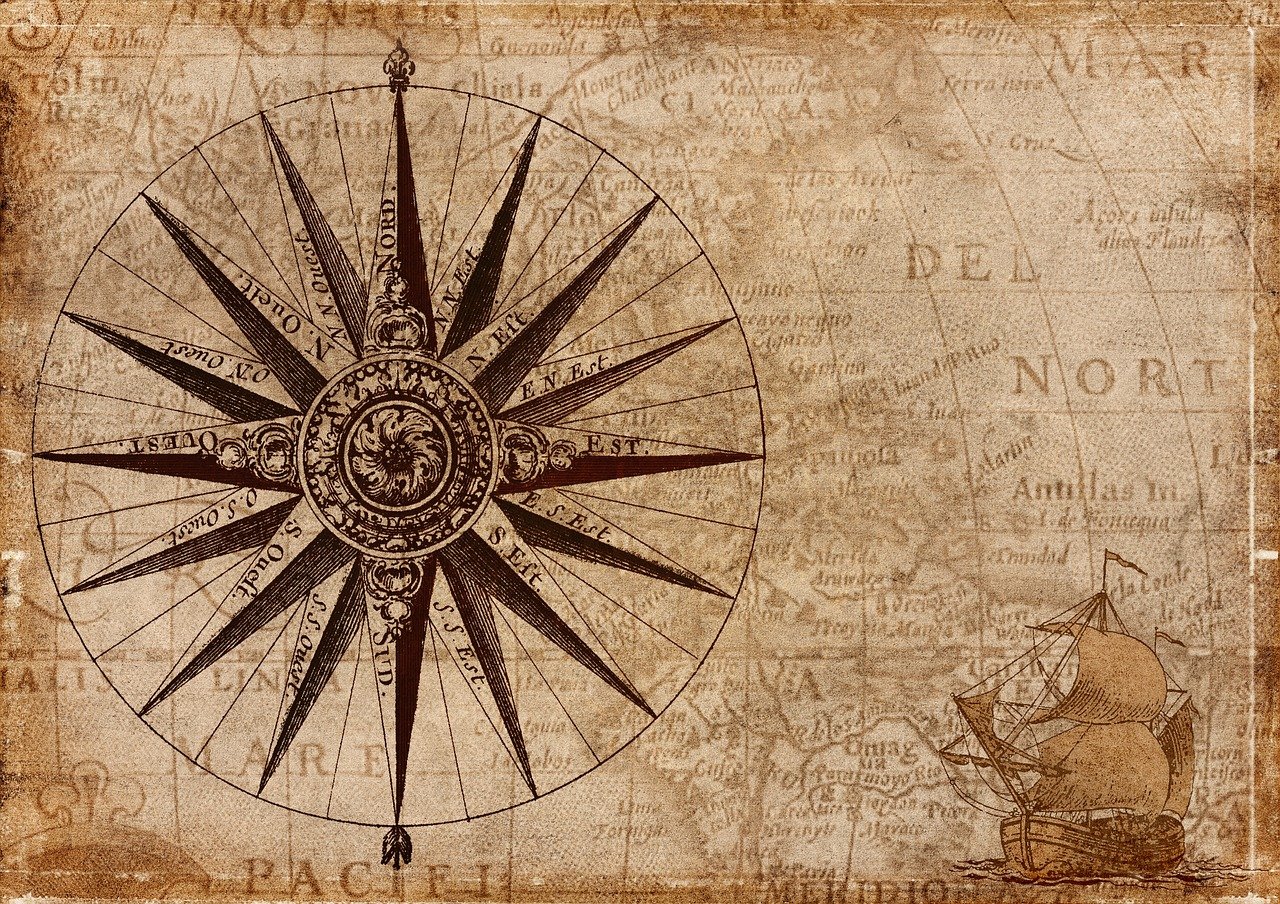
In 2020, we pioneered the launch of a ground-breaking non-clinical graduate microprogram in in Psychedelics & Spirituality Studies, the first of its kind in Canada. The microprogram examines the ceremonial, ritual, and spiritual uses of psychedelics and other non-ordinary states of consciousness, providing students with an understanding of the cultural significance and the transformative impact of these substances on human consciousness and spiritual practices.
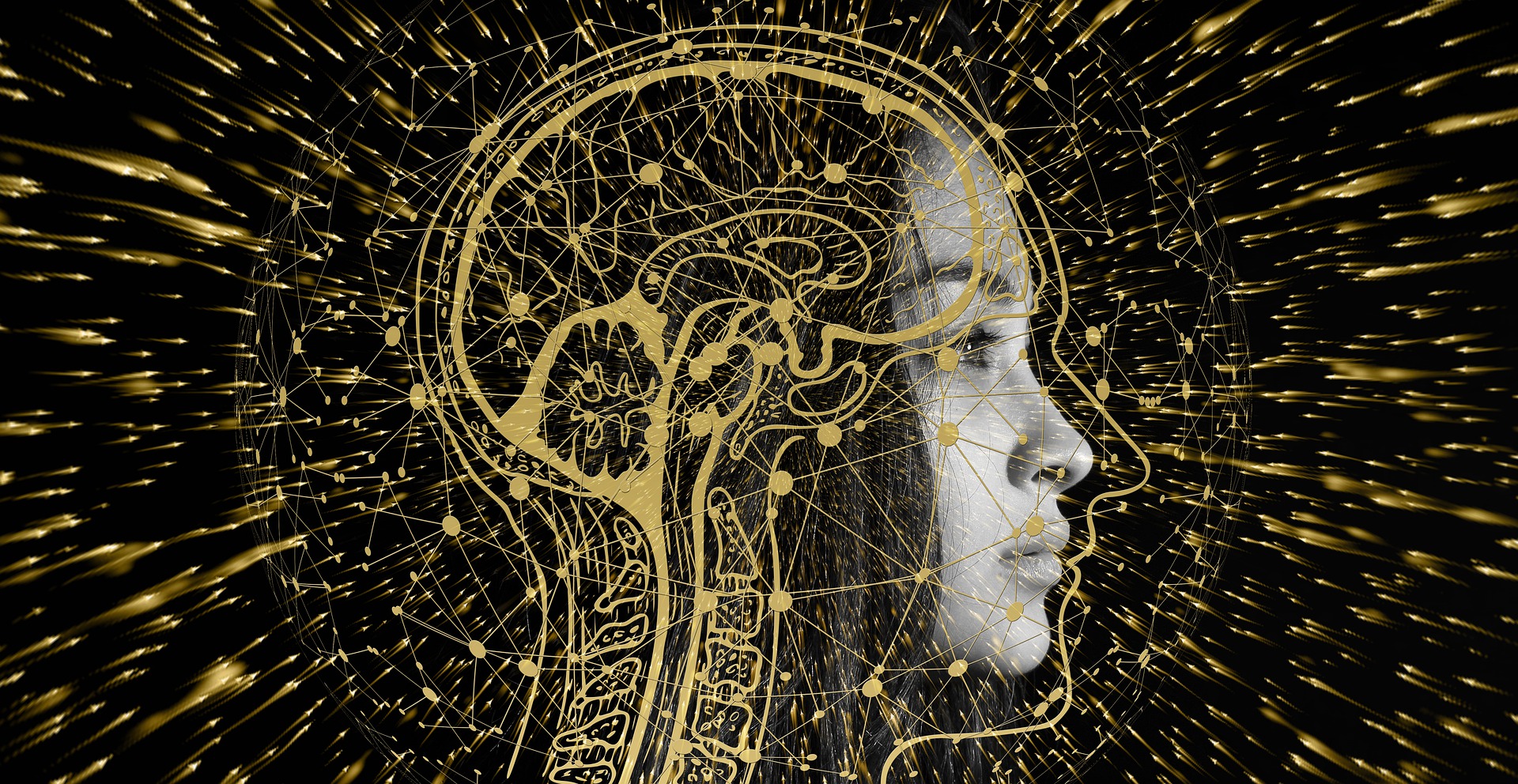
Classics

Classics studies are a gateway to civilizations that still have a lot to teach us. The department's programs offer the chance to gain knowledge of ancient times through mythology, religion, Greek, Latin and philosophy, as well as linguistics, history, art and archaeology.
Are you a lover of art, antiques or sculpture? Do you love wandering around museums? We have our very own museum of Graeco-Roman antiques. Our collection, which comprises a wide range of objects from the entire Graeco-Roman world, is an asset of which the department is justly proud. The museum regularly hosts touring exhibits and houses pieces belonging to Canadian and foreign collectors.
All our programs are flexible and interdisciplinary. As a result, you will be well-prepared for a graduate or doctoral program. But regardless of your professional future, our undergraduate program will have prepared you to travel down the path of knowledge by imparting to you a sense of life's riches: classical culture, in-depth knowledge of languages, analytical skills. Armed with this knowledge, you will feel like the world is your oyster.
Masters and Doctoral level study can be undertaken through the late antiquity stream within Religious Studies MA and PhD programs.
View the Greek and Roman Studies Program
Religious Studies

What is ‘religion’? How can we study it? How is it shaped by collective and personal histories? How is it influenced by social and political dynamics? How is it expressed in art, cinema, media, and popular culture? How does the study of religion help to understand current events and conflicts? Take some of our courses and find out!
Contact us
Department of Classics and Religious Studies
Desmarais Building, 10th Floor
55 Laurier Ave. East,
Ottawa ON Canada K1N 6N5
Map
Tel.: 613-562-5714
Fax: 613-562-5991
Secretaire.Etud.anc.Religions-Classics.Religion.Secretary@uOttawa.ca
Office Hours
Monday to Friday
8:45 a.m. to 12 p.m.
1 p.m. to 4:30 p.m.
(June to August: closed at 3:30 p.m.)

